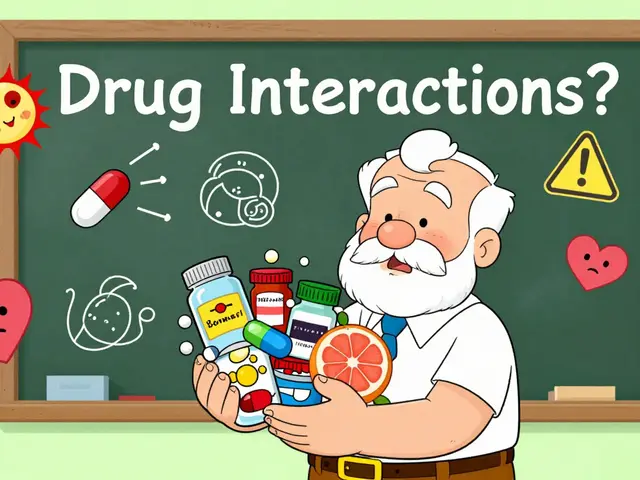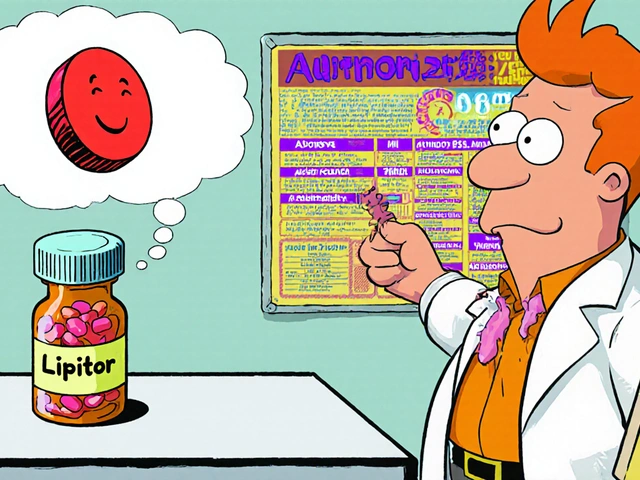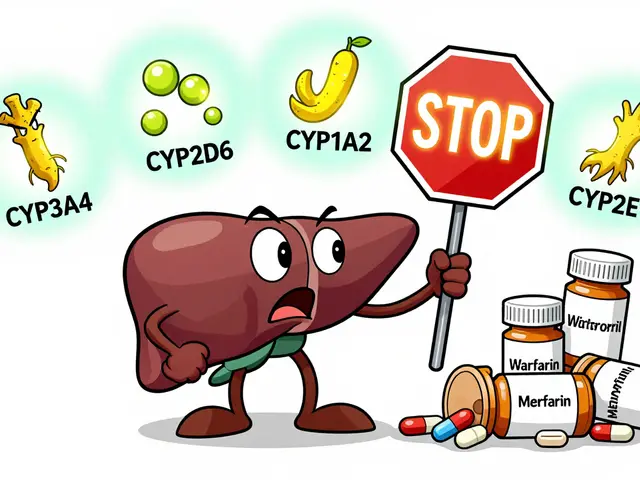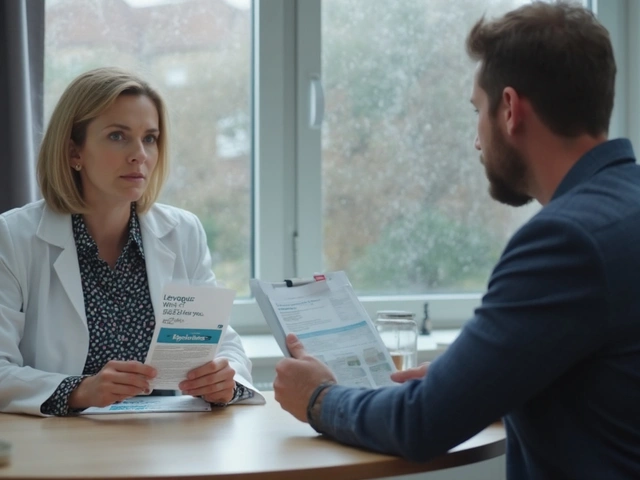Drug Information: Practical Tips to Stay Safe
Wrong or unclear drug info causes real problems. Before you start or change any medicine, you need fast, trustworthy facts — not hype. This page gives simple steps to check a drug’s use, risks, and where to verify details online.
Quick checklist before taking a new drug
Start with the label. Look for the active ingredient, usual dose, and how often to take it. Check these things next: allergies, other medicines you take, and pregnancy or breastfeeding status. If the label says "take as needed," ask your doctor how often is safe. Write down the exact dose and keep a daily list — pharmacists use that list to spot interactions.
Know common side effects and the serious ones. For example, some antibiotics can raise the risk of tendon pain or nerve problems. Pain relievers like acetaminophen can cause liver damage if you exceed the max dose. If a side effect feels severe — new severe rash, breathing trouble, sudden swelling — get urgent care.
How to verify drug info online
Not all web pages are equal. Trust these sources first: official health agencies (FDA, EMA), major hospitals, and peer-reviewed journals. Use professional pharmacy sites or your local health service for dosing and interactions. If a blog claims a miracle cure or extremely low prices with no credentials, be skeptical.
When checking online pharmacies, look for a license number, physical address, and clear contact info. Avoid sites that skip prescriptions for normally prescription-only drugs or insist on strange payment methods. A red flag: the site has many fake-sounding reviews, no pharmacist contact, or the price is far lower than everywhere else.
Put interaction checking tools to work. Many trusted pharmacy and health sites let you enter all current meds to see warnings. Try to include over-the-counter meds and supplements — these matter. For example, some antidepressants and cold medicines can dangerously raise serotonin if mixed with certain other drugs. Ask your pharmacist if you're unsure.
Keep your doctor and pharmacist in the loop. If a new drug affects daily life — sleep, mood, balance — report it. They can adjust dose, switch meds, or add safety steps. Don’t stop a prescribed drug suddenly without medical advice. Some meds need tapering; sudden stops can be harmful.
Finally, save useful links and print important pages. Carry a short medication card when traveling or in an emergency. Clear drug info helps you avoid harm and get the benefit you need. If something online sounds unusual, check two trusted sources and call a healthcare pro.
Need a quick check? Use your pharmacist as the first fast, practical resource — they deal with these questions every day and can point you to reliable pages or flag dangerous mixes right away.





